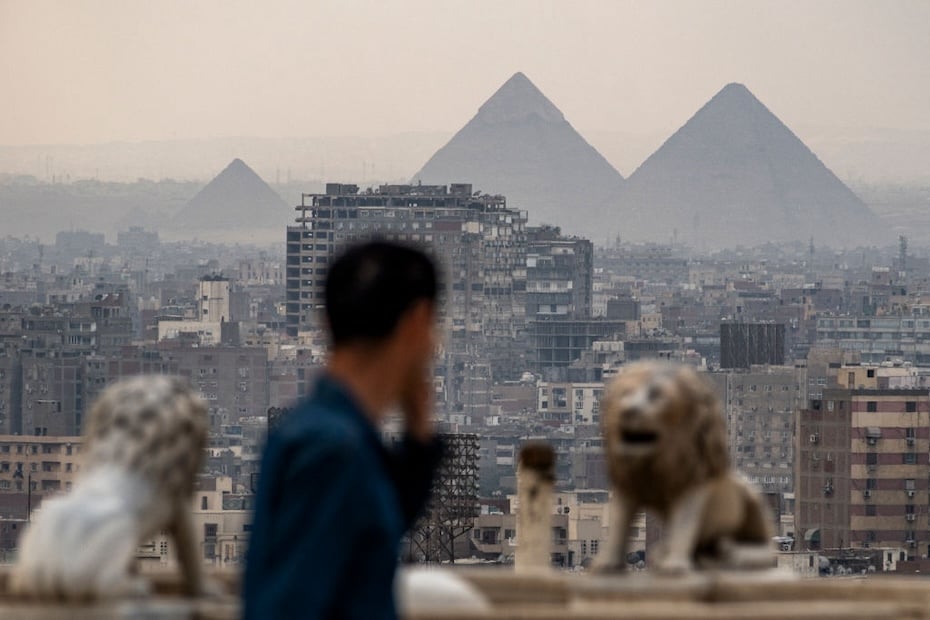
Soliman's resignation had been anticipated within government circles, as discussions about the need for new faces in top positions gained momentum. Egypt’s political leadership is reportedly focused on revitalizing economic institutions as the country navigates through a challenging period of economic recovery and reform.
The Sovereign Wealth Fund, established to manage state assets and attract foreign investment, has been a critical component of Egypt's economic strategy. Under Soliman’s leadership, the fund has played a key role in securing investments in various sectors, including infrastructure, energy, and tourism. His tenure saw the fund's assets grow significantly, with several high-profile deals boosting the country's economic profile on the global stage.
However, as the country faces mounting economic pressures, there has been growing debate about the effectiveness of current leadership in driving the necessary reforms. Egypt’s economy has been grappling with inflation, a devaluing currency, and rising debt levels, leading to calls for a more aggressive approach to economic management.
The anticipated reshuffle is expected to bring in leaders with fresh perspectives and a more dynamic approach to addressing these challenges. Government sources indicate that the leadership change at the Sovereign Wealth Fund is just one of several planned moves aimed at rejuvenating the country’s economic policy framework.
While Soliman's resignation marks the end of an era for the Sovereign Wealth Fund, it also opens the door for new leadership to build on his achievements. The incoming CEO will face the dual challenge of continuing to attract foreign investment while addressing the immediate economic concerns facing the country.
The Sovereign Wealth Fund is seen as a pivotal institution in Egypt’s broader economic strategy, particularly in its efforts to privatize state assets and attract international partnerships. With the global economic landscape becoming increasingly competitive, the fund's role in securing strategic investments is more crucial than ever.
Speculation about Soliman's successor has been rife, with several prominent figures in the economic and financial sectors being considered for the role. The new CEO will be tasked with steering the fund through a period of significant economic transformation, with the potential to reshape Egypt’s economic future.
Soliman’s resignation also reflects the broader changes underway in Egypt’s economic governance. As the government seeks to implement more effective policies to stabilize the economy, the introduction of new leadership across key institutions is likely to be a central component of this strategy.
Egypt’s Sovereign Wealth Fund, with its mandate to manage and grow the country’s assets, remains a critical tool in the government’s efforts to attract foreign investment and drive economic growth. The leadership transition comes at a time when the country is under pressure to deliver on its economic promises, and the new CEO will be expected to play a key role in achieving these goals.
The coming months will be crucial in determining how these leadership changes impact Egypt’s economic trajectory. As the country continues to navigate through complex economic challenges, the performance of the Sovereign Wealth Fund under new leadership will be closely watched by both domestic and international stakeholders.
Topics
MENA
